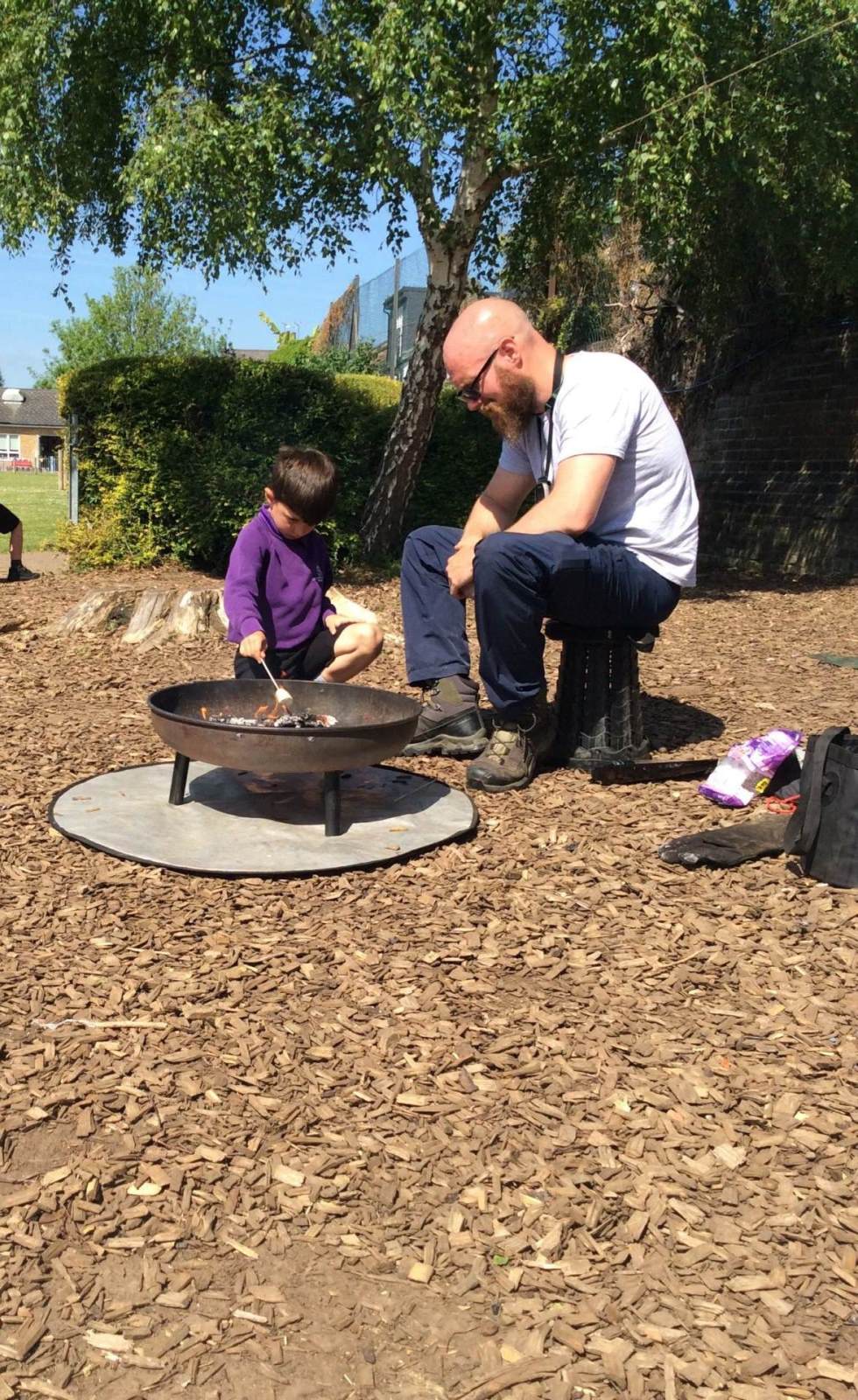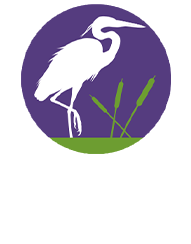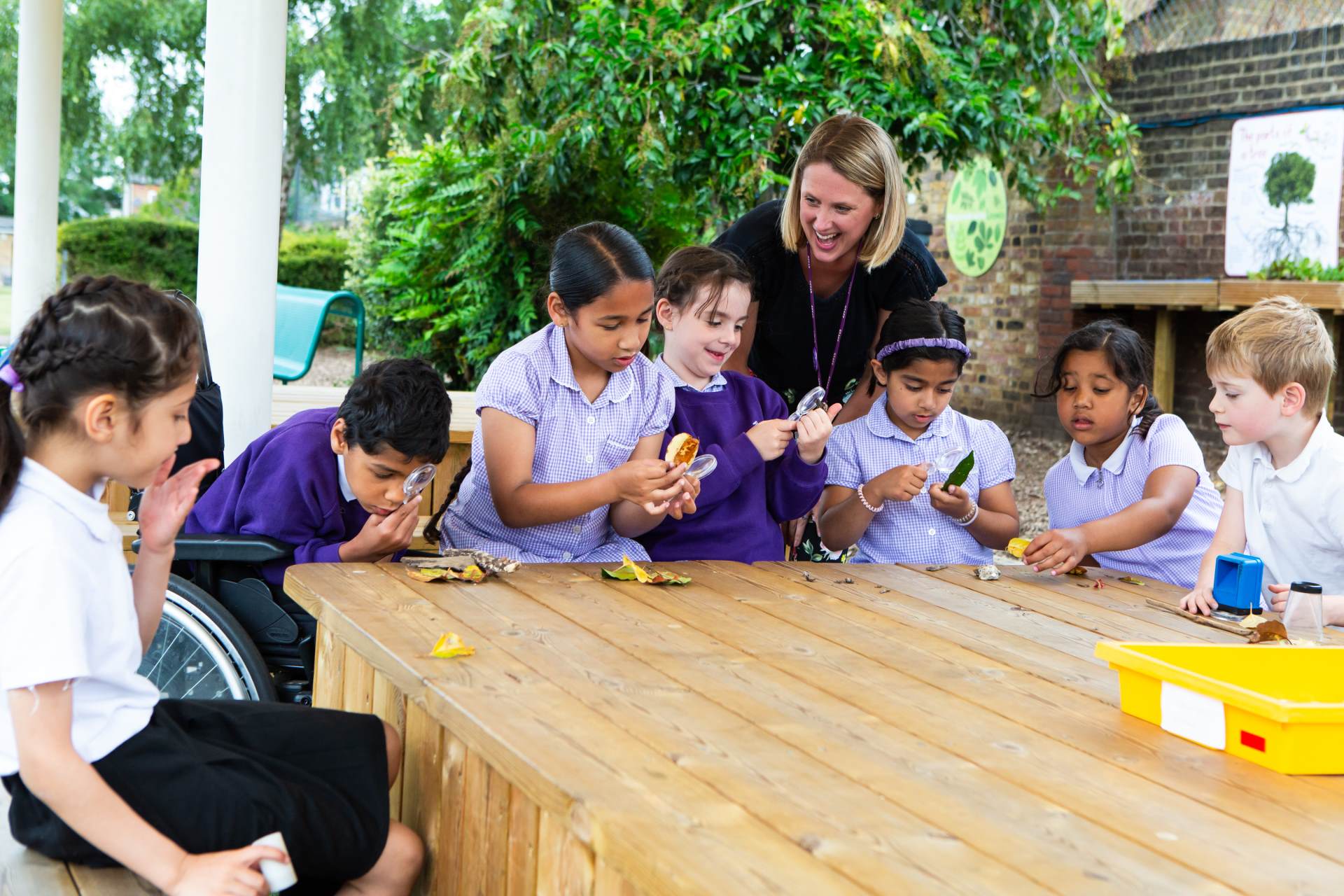Science
Intent
At Worple, through our Science curriculum we aim to instil a curiosity of all things in the world and beyond. We want our children enjoy science and see its’ relevance in the world. We understand to achieve this, children must acquire specific skills and knowledge to be able to think scientifically and gain an understanding of the scientific processes and implications of science today and for the future.
Our aim is to ensure the curriculum:
- Fosters a healthy curiosity in children about our universe and promotes respect for the living and non-living
- To promote a love of investigating, asking questions and solving problems
- develop understanding of the nature, processes and methods of science through different types of science enquiries that help them to answer scientific questions about the world around them
- Ensure our children are equipped with the scientific skills required to understand the uses and implications of science, today and for the future
- To be able to make links between their science learning and other curriculum areas
Implementation
At Worple the science curriculum is designed and delivered using the Plymouth Science resources alongside PLAN and TAPs resources, this ensures there is full coverage of all programmes of study and a clear progression of skills. These topics are planned, where possible to make meaningful links to other projects.
The acquisition of key scientific knowledge is an integral part of our science lessons. The progression of skills for working scientifically are developed through the year groups and scientific enquiry skills are of key importance within lessons. Each lesson has a clear focus.
Scientific knowledge and enquiry skills are developed with increasing depth and challenge as children move through the year groups. They complete investigations and hands-on activities while gaining the scientific knowledge for each unit.
Each science unit begins with activities that provide a hook for learning, developing a sense of excitement and curiosity for children. Teachers check on what children already know and then invite children to think of their own questions. Children will be able to build on prior knowledge and link ideas together, enabling them to question and become enquiry based learners.
Teachers ensure lessons are planned to encourage exploring, talking about, testing and developing ideas about everyday phenomena and the relationships between living things and familiar environments, and by beginning to develop their ideas about functions, relationships and interactions. Children are encouraged to ask their own questions about what they observe and make some decisions about which types of scientific enquiry are likely to be the best ways of answering them, including observing changes over time, noticing patterns, grouping and classifying things, carrying out simple comparative and fair tests and finding things out using secondary sources of information. They draw simple conclusions and use scientific language to talk and write about what they have found out.
Children are also asked to review their learning at the end of each topic. These ‘reflection’ tasks provide children with an opportunity to share their learning more widely with other children and parents through a variety of means e.g. learning presentations, talks, report writing etc.
Impact
Planned memorable experiences, STEM days and links with the local environment ensures that children learn through varied and first hand experiences of the world around them. Through various workshops, trips and interactions with experts, children have the understanding that science has changed our lives and that it is vital to the world’s future.
Teachers use TAPs focussed planned assessment to measure and assess children’s learning in science. Teachers use the exemplars to ensure accurate judgements.
Children learn the possibilities for careers in science, as a result of our community links, careers days and connection with national agencies including the STEM association.
Children at Worple overwhelmingly enjoy science and this results in motivated learners with sound scientific understanding.
Additional links:
Science Long Term PLanCreate your own home or school experiments with Science Bob! BBC Science Links for 4-11yr olds Fun Interactive Science Games and Investigations Science Museum - Interactive Games and Information National Geographic


